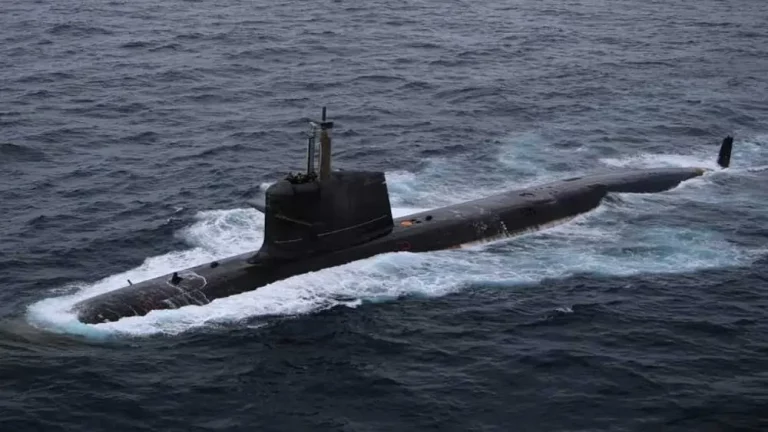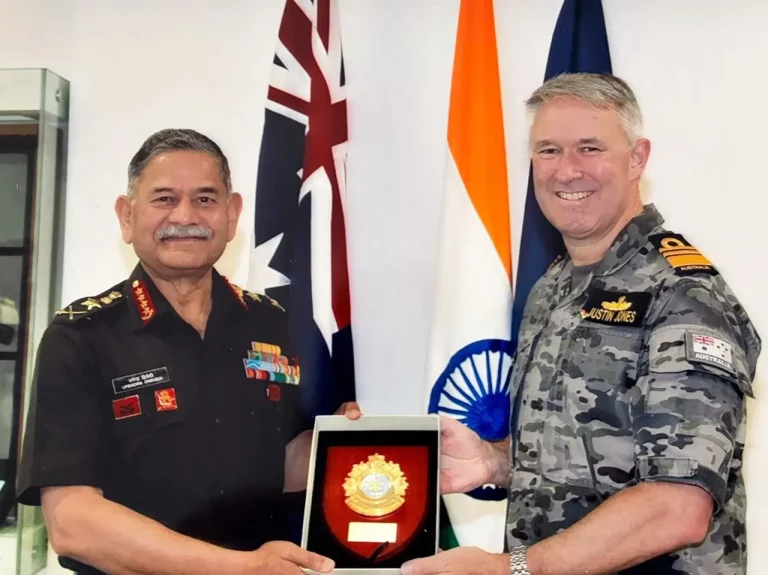The United States has greenlit a significant foreign military sale to India, amounting to $131 million, as part of efforts to bolster India’s maritime security. The announcement comes from the Defense Security Cooperation Agency (DSCA), underlining the deal’s significance for U.S. national security and the strengthening of the U.S.-India partnership in the Indo-Pacific region.
This military package includes cutting-edge SeaVision software, alongside technical training, remote support, and logistics services designed to enhance India’s maritime domain awareness. These tools are aimed at improving India’s capability to detect, monitor, and respond to various maritime threats, particularly in critical sea lanes affected by illegal fishing, human trafficking, and “dark shipping,” which refers to vessels operating without active tracking systems.
The DSCA emphasized that the proposed sale is geared toward enhancing India’s ability to confront current and anticipated maritime challenges, thereby improving its strategic posture and analytical capabilities. The initiative also aligns with the Indo-Pacific Maritime Domain Awareness (IPMDA) framework, introduced in 2024 to promote the security of open sea lanes and bolster collective maritime security among allied nations.
Hawkeye 360, a Virginia-based company focused on radio frequency data analytics, has been designated as the primary contractor for this project. Their technology will assist in identifying untracked or suspicious vessels in disputed waters, including the South China Sea, an area marked by growing tensions due to China’s assertive naval activities.
This military sale follows a summit in February 2025 between Indian Prime Minister Narendra Modi and U.S. President Donald Trump, where both leaders reinforced their commitment to a “mega-partnership” across various sectors, including defense. As India is increasingly recognized as a strategic counterbalance to China’s influence in the region, this deal further solidifies the defense aspect of their growing alliance.
The DSCA has assured that this transaction will not upset the regional military balance and is expected to be seamlessly incorporated into India’s existing defense architecture. This move highlights a shared commitment to fostering a free, open, and secure Indo-Pacific region.
With concerns about global maritime security intensifying, particularly in areas that are ungoverned and susceptible to transnational threats, this military sale complements ongoing initiatives by the Quad alliance—comprising the U.S., India, Japan, and Australia—to enhance regional cooperation and real-time maritime surveillance as outlined in the IPMDA.
As both nations aim to elevate bilateral trade to $500 billion by 2030, this military transaction signals the deepening of ties between the U.S. and India, reflecting their shared commitment to ensuring maritime freedom and stability in one of the world’s most strategically important regions.







